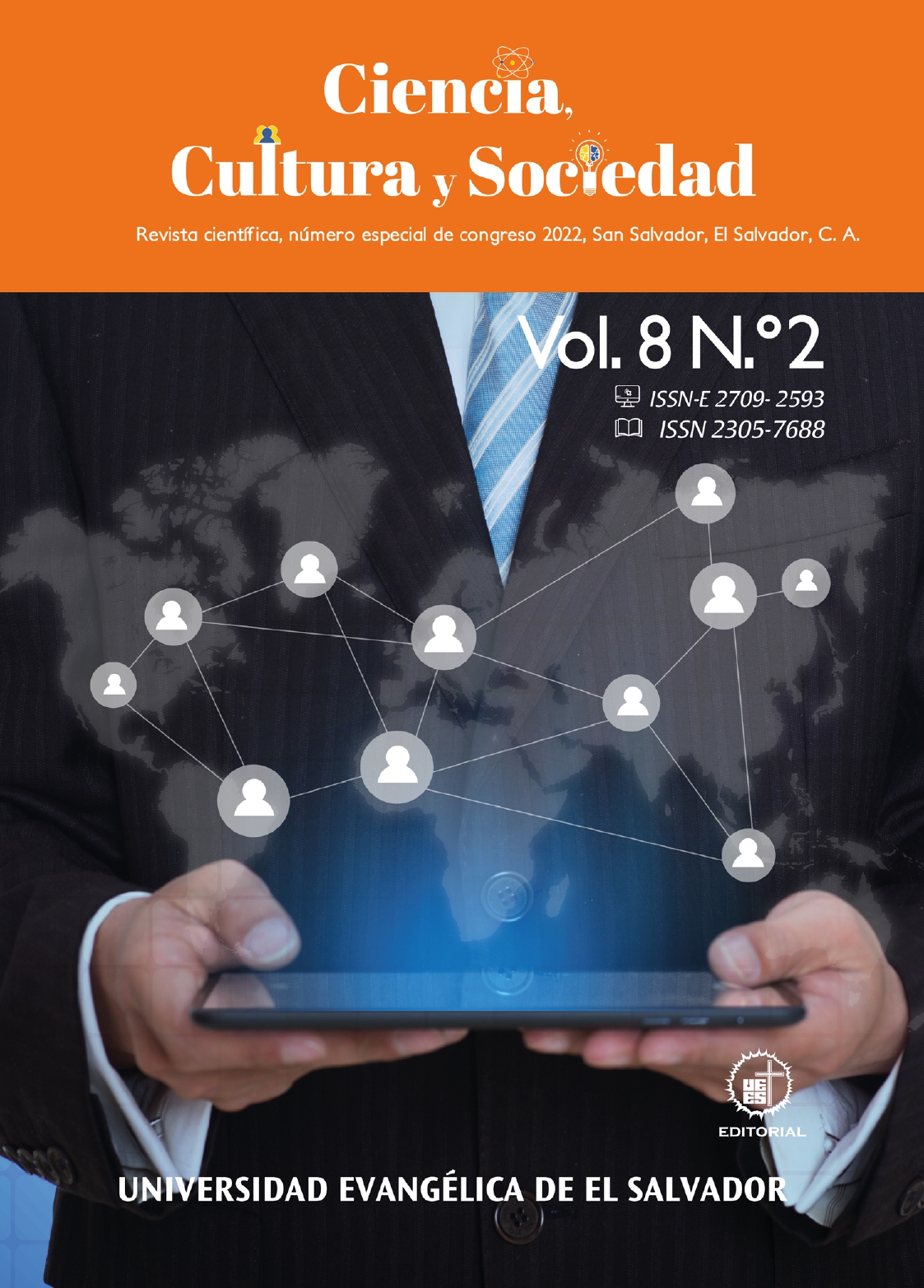Obtainment and physicochemical characterization of a nutritional substrate made from cocoa waste for the production of vegetable seedlings
DOI:
https://doi.org/10.69789/ccs.v8i2.626Keywords:
biomass, bioprospecting, characterization, seedling, substrate, El SalvadorAbstract
In cocoa processing, a significant amount of waste is produced, with cocoa husks being the most significant. The pods are typically discarded within the same plantations, leading to issues such as the proliferation of insects and pathogenic microorganisms. This study evaluated adding value to these by-products by incorporating cocoa husk waste into the formulation of a substrate for vegetable cultivation. The objective of this research was to create a substrate that provides material and nutritional support for vegetable seedlings, using creole cocoa husks. The plant biomass was characterized by parameters such as moisture percentage, pH, ash percentage, potassium, nitrogen, and phosphorus content. Comparative tests on formulation, planting, and growth of vegetable seedlings, including tomatoes and cucumbers, were subsequently conducted to determine the optimal substrate formula and the best growth medium. The results concluded that, with proper processing and utilization of cocoa husks, waste can be transformed into an alternative biomaterial product that offers an agribusiness bioprospecting option. The values obtained in the characterization of the pods depend on conditions such as soil type, agrometeorological variables, water quality, fertilizer, and plant species. The sowing scenario affects the optimal development of the seedlings; factors such as water requirement, nutrient distribution, and seedling stability are influenced by the germination space ratio.
Downloads
65
Downloads
Published
How to Cite
Issue
Section
License

This work is licensed under a Creative Commons Attribution-NonCommercial-ShareAlike 4.0 International License.
The authors give to the copyright to the journal Ciencia, Cultura and Sociedad, and copyright in all forms and media, to be notified of acceptance of your article. The authors can publish their articles in another journal after a semester published in this volume. The content of the articles is the sole responsibility of the authors. To refer to the articles correctly quote the authors.

Ciencia, Cultura y Sociedad articles are published in open access and are under a Creative Commons Attribution-NonCommercial 4.0 International License.

